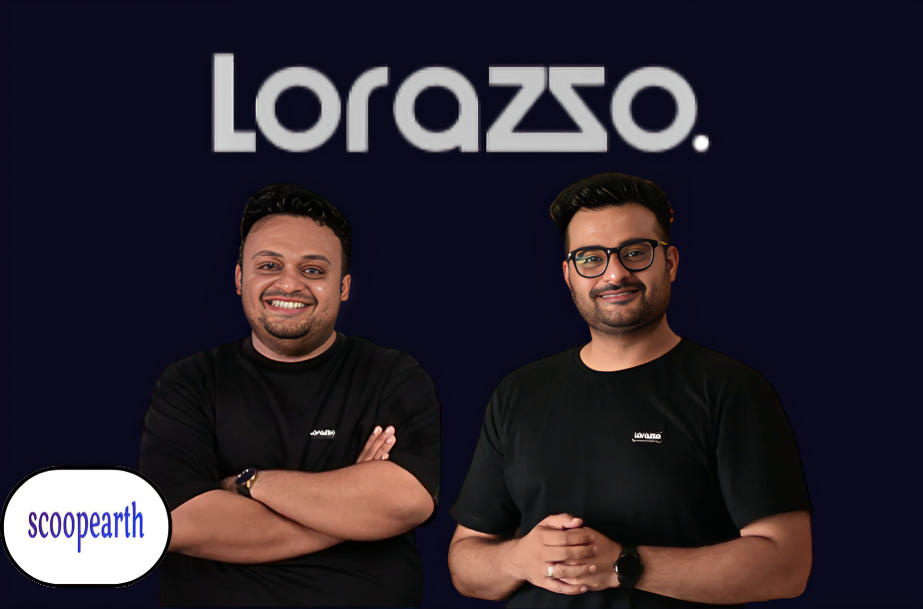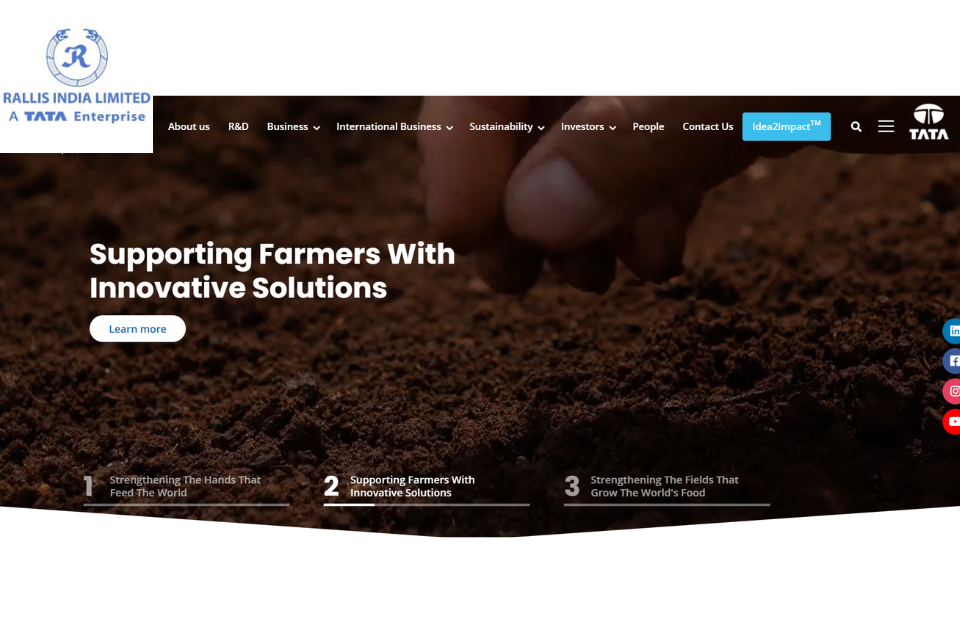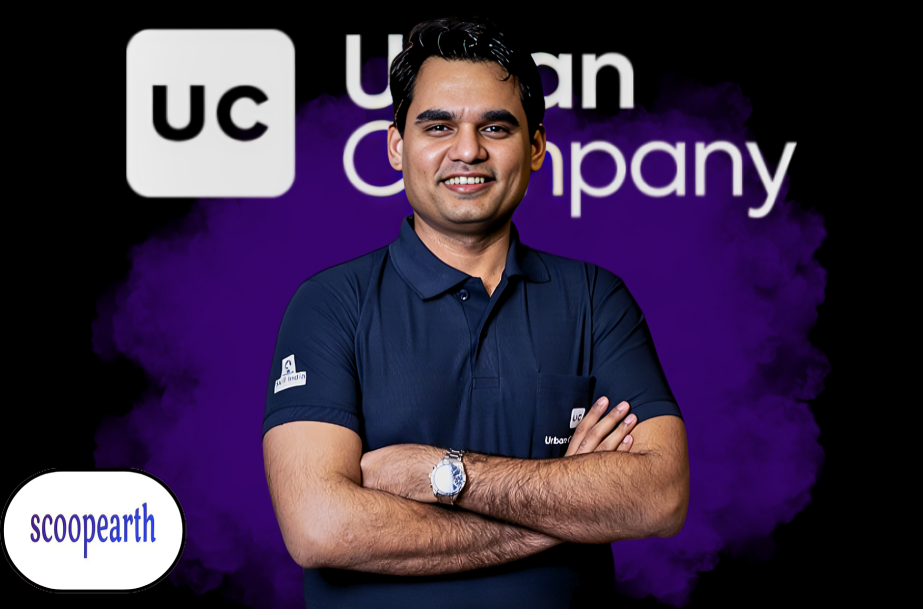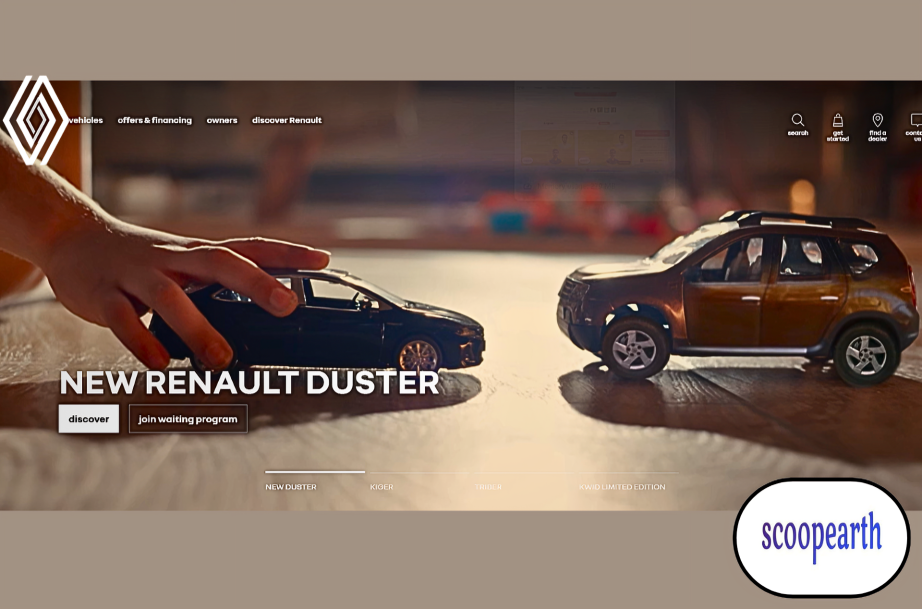Beyond the Device: How Philips’ Purpose-Driven Marketing is Changing Perceptions

SUMMARY
Philips India is redefining the playbook in a world where marketing has moved beyond selling products to creating culture and influencing impact. With its Chief Marketing Officer, Smit Janak Shukla, the company transformed itself into a brand that promotes life control, especially in the area of mother and child care, having continued to gain the trust of clients as a brand in medical technology. This change starts with a radical, mission-centered culture combining innovation, emotional narratives, and community representation.
Philips’ latest innovation: a wearable, hospital-grade breast pump
A wearable, hospital-grade breast pump is the latest innovation of Philips, but it is much more than just a technological one. It is a mark of freedom, ease, and a sense of dignity for contemporary mothers. The product has been developed to address the top medical standards and achievable convenience in terms of lifestyle, and that is where Philips shows its interest in solving real problems with empathy and precision. Instead of marketing the pump as a gadget, Philips pioneered it as an element of a broader movement to make mothers stronger. The message of the campaign was that of the emotional and practical difficulties of breastfeeding, particularly among working women, and presented the product as a means to regain a sense of agency and power.
Approach of the CMO, Smit Janak Shukla
The leadership role played by Smit Janak Shukla has played a crucial role in ensuring that Philips is driven by purposeful marketing. In an interview with Adgully, Shukla highlights the changing role of the Chief Marketing Officer, not as a brand custodian but a cultural architect. Marketing to Shukla is not about creating impressions. His philosophy is based on profound consumer knowledge, cross-functional teamwork, and dogged intent against purpose. He has made Philips into a brand that has progress as its core purpose that people associate it with by addressing society’s needs and aligning them to business objectives.
Philips’ Purpose-Driven Marketing
By adopting purpose-driven marketing, Philips has repositioned itself as a lifestyle partner as opposed to one that provides medical technology. The main aspect of this change is an emphasis on tackling human problems, particularly in the sphere of mother and child care, through empathy, innovation, and emotional narrative-telling.
Emotional storytelling is one of the outstanding features of marketing strategy of Philips. Shukla underlines that current consumers, and above all mothers, do not merely expect functionality, but they desire to feel seen and heard and supported. The ad campaign created by the breast pump was based on very intimate stories about human experiences, featuring everyday mothers who have to come to terms with complicated issues of contemporary parenthood. Philips established an effective emotional connection with its audience by emphasizing stories of strength, weakness, and victory. This strategy not only created trust but also led to discussions of motherhood, mental health, and social expectations.
The approach of Philips is not limited to advertising. It has had an active presence among parenting groups and healthcare providers, as well as influencers, to create a bottom-up movement under the brand. Philips has guaranteed that its message was on point by partnering with voices that mothers identify as part of their circle of trust. This stakeholder-centric response assisted Philips in proceeding out of a product provider to a lifestyle partner. It also enabled the brand to receive real-time feedback, identify shifting needs, and collaborate to find solutions with the audience.
The key to Philips’ success is its capacity to combine both very innovative technology with humanity-oriented design. Mothers, lactation consultants, and pediatricians were consulted in the development of the breast pump. It was designed to be lightweight, discreet, and easy to use, which is an indication of the profound insight into the daily life of the user. This enabling invention is characteristic of the larger philosophy of Philips. Lifestyles In healthcare products, personal care, or even home appliances, the brand has a dedication to delivering products that build well-being without sacrificing convenience and dignity.
Conclusion
The breast pump campaign was a success for Philips, and it is only the start. With further listening, innovation, and advocacy, Philips strives to create a range of products that not only satisfy but also inspire. Philips has demonstrated how marketing can pay it forward. The brand has succeeded in redefining its connection with the consumers because it has made a medical device into a lifestyle movement. It is no longer a selling story, but a story about serving, accompanying, and advocating for what is important.
Note: We at scoopearth take our ethics very seriously. More information about it can be found here.
















